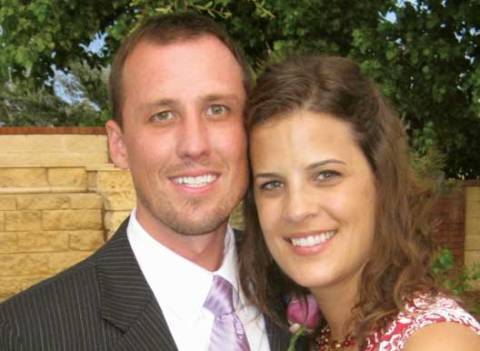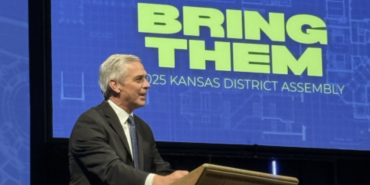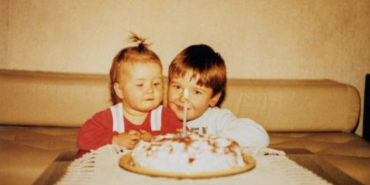Co-pastoring: Shaping a Creative Ministry and Marriage

Co-pastoring is not as unusual as it used to be. That isn't to say that I don't get questions when I mention the way Dustin and I work together in the church. I do. The main question, from district superintendents to strangers we meet at Starbucks, is 'How does that work exactly?' It works amazingly well for us and for many other couples who share the role of pastoring a church.
Co-pastoring doesn't look the same everywhere for many reasons. How roles are divided, how congregations approach the ministry team, and how couples work together will all affect what shape this creative kind of ministry takes. Here's what it looks like for us.
We are both blessed to be in full-time ministry in Atwater, California. Our church has accepted us equally as lead pastors. I know this isn't always the case for co-pastoring spouses. When one spouse is treated as lead pastor above the other, many difficulties may arise both in ministry and in the home. We strove from the beginning to explain clearly and as often as possible that we were both pastors. When anyone has trouble with this concept we carefully address it by re-emphasizing the shared nature of our ministry.
The way we have divided our roles has helped with the understanding of who we are as pastors. Some ministries are delegated based on our strengths and experience. This allows us to serve in our areas of 'expertise.' For example, I plan and lead worship while Dustin organizes and leads our discipleship ministries.
We don't only divide things based on skills, however. Some tasks we perform equally. Pastoral calling, discipling, counseling, funerals, chairing the church board, and preaching are shared responsibilities. How one of us leads, preaches, organizes, and counsels is different from the other. These differences have opened doors for us to build relationships with people in and out of the church.
We don't just share the ministry load. We share a lot of other things to make this work. Dustin and I divide equally the responsibilities of caring for our home and our children. This working together at home enables us to work together in the church. The two are dependent on one another.
Neither of us succeeds in our calling if we are not willing to sacrifice, both in our service to God through the church, and in our service to our family and to each other.
Both of us being in ministry creates an interesting dynamic at home. We work carefully on how we talk about ministry around our children. Purposefully, we set aside time when we are not talking about church. Before doing this we found we were so consumed with ministry that we were not developing other interests in our lives. Ministry is crucial, but it is not healthy to have it as the only emphasis in our hearts, minds, and relationship. It is in having space from it that we are better able to serve our congregation.
When Dustin and I got married we committed to one another and to God that we would honor each other and seek to honor God with our lives. We find that co-pastoring has strengthened those commitments in ways we never could have imagined.
Olivia Metcalf and her husband, Dustin, have been co-pastoring in Atwater, California, for five years. They have two sons, Andrew and Ethan.
Holiness Today, March/April 2010
Please note: This article was originally published in 2010. All facts, figures, and titles were accurate to the best of our knowledge at that time but may have since changed.




